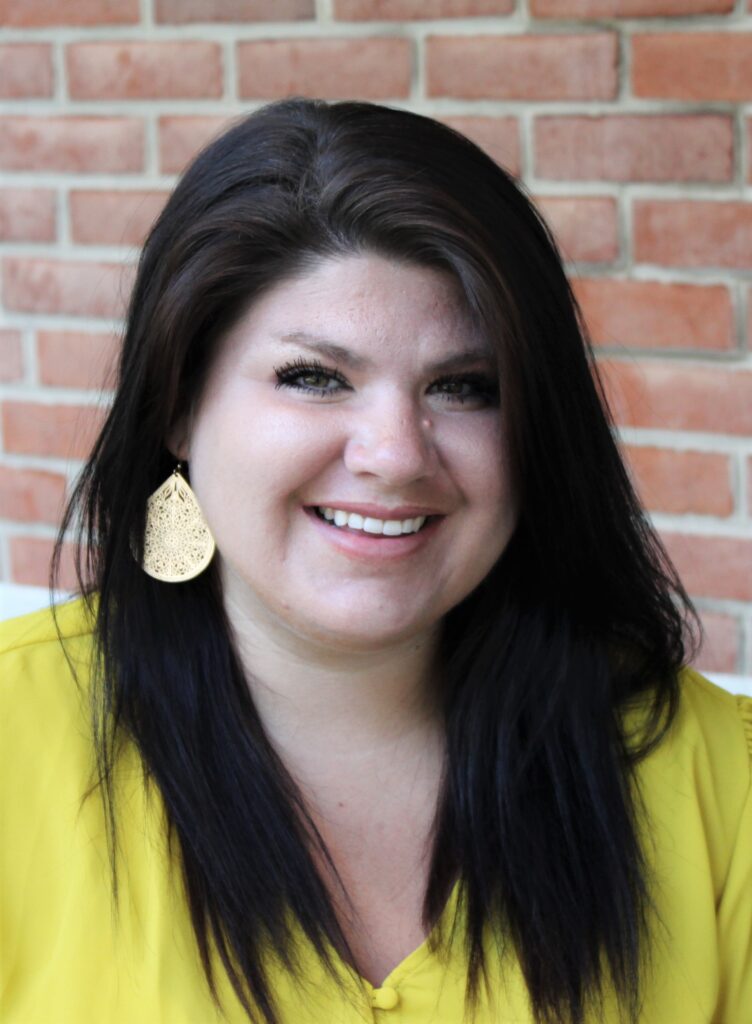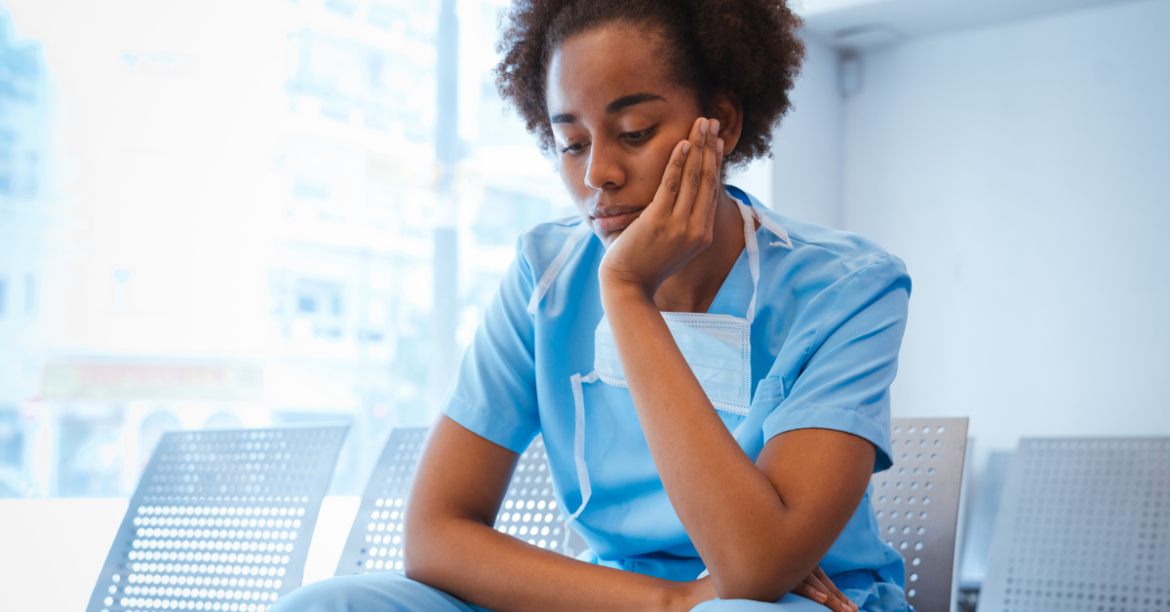
Jessica Whittemore, LCSW-C, APHSW-C, Hospice of the Chesapeake
When shopping for a sympathy card, you’ll find cards for loss of parents, spouses, children, even friends. There probably wouldn’t be a card for “loss of your favorite resident.” Especially in the last two years, the need for that card is just as great as the need for conventional sympathy cards.
Professional caregivers, which include certified nursing assistants, nurses, social workers, physicians and others, regularly experience loss like the rest of us but often on a larger scale. It can be downplayed not only by society but also among their professions because it is to be expected.
This kind of loss is often called disenfranchised grief. It is a type of grief that doesn’t really fit in with the larger society’s view about death and loss. Because of that, people experiencing it will find difficulty getting the support they need to cope with that grief. But just because it’s part of the job doesn’t make that loss any less real.
Just as professionals should expect loss is part of the job, they should also be allowed to grieve.
The largest element of disenfranchised grief caring professionals face is when their patients die. Imagine you’re a CNA at an assisted living center. Every weekday morning for the last four years, you wake Ms. Smith, help her dress and then bring her down to the dining room for breakfast. Then one morning, you learn she died the night before.
Society views that as, “Well, it’s your job. You work in assisted living. Don’t you expect this?” The answer is yes but that doesn’t mean it hurts any less. In fact, they may already feel physically, emotionally and mentally burnt out. With the pandemic, there has been more loss than many caregiving professionals have ever experienced.
 Just as professionals should expect loss is part of the job, they should also be allowed to grieve. Perhaps the team could hold a monthly memorial service to honor residents who have died or include a time during team meetings to share memories of residents who have passed. It’s important to find even just five minutes to take a mental health break each day, whether it’s a walk around the building or using a guided meditation app in the quiet of one’s car.
Just as professionals should expect loss is part of the job, they should also be allowed to grieve. Perhaps the team could hold a monthly memorial service to honor residents who have died or include a time during team meetings to share memories of residents who have passed. It’s important to find even just five minutes to take a mental health break each day, whether it’s a walk around the building or using a guided meditation app in the quiet of one’s car.
Self-care is important, but that shouldn’t replace professional counseling for those who feel overwhelmed by disenfranchised grief. People can seek confidential help through their company’s employee assistance program. If there isn’t an EAP available, Maryland residents can call 211 or visit 211md.org to find mental health resources.


